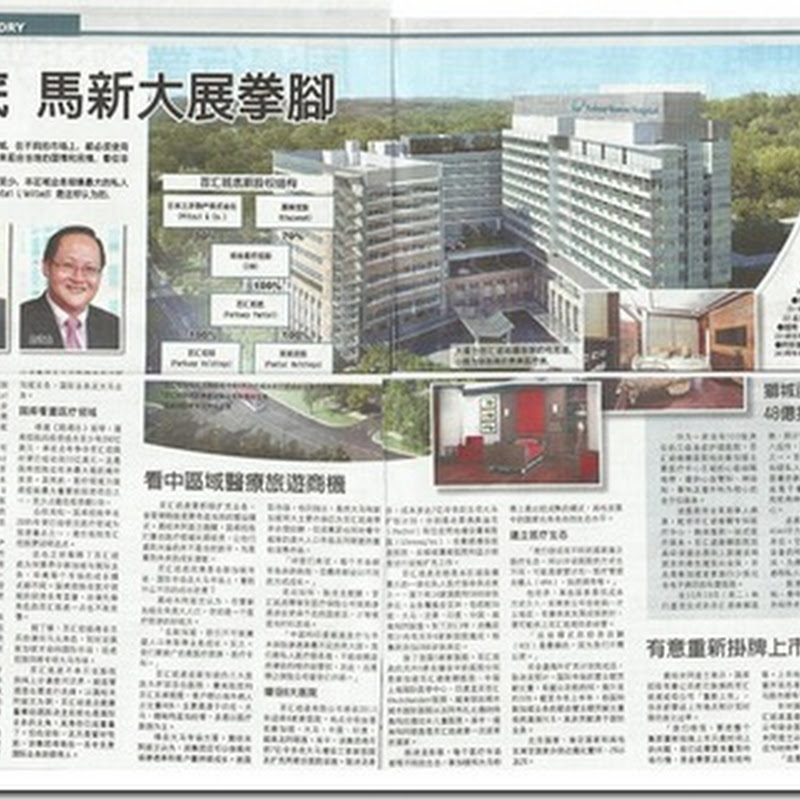It is banking on recurring demand from existing customers and a wider customer base to sustain future earnings.
Planters who had been aggressively planting since 2004 would need mills by now (Feb 2009). This gives CBIP the opportunity to market its ModiPalm mills that utilise cost-efficient continuous sterilisation system.
Customers that contracted ModiPalm mills in the past two years (2007-2008) would be commissioning operations by now and consequently, were anticipated to convert the rest of their mills.
Once customers experience the benefits of ModiPalm mills, they would want to convert. Felda, for example, used ModiPalm for its performance. It already has five ModiPalm mills in operations and another five under construction.
The fifth generation of ModiPalm now offered front-end automation that improved extraction efficiency. Conventional mills have difficulty processing fruits from older palms, which are large in size, hence cannot optimise oil extraction. ModiPalm allows big bunches to be stripped effectively with the aid of a bunch conditioner, thus minimising the losses. Additionally, conventional mills sterilise the bunches at 140 degrees while ModiPalm uses 100 degrees.
The current economic conditions had caused some planters to postpone construction of mills. But they can’t delay beyond six months because they can’t stop palms from producing fruit and these fruit, if not processed, would turn bad. Demand was likely to pick up by the second quarter 2009.
The company would remain profitable for the year ending Dec 31, 2009 on the back of the secured contracts of some RM300mil.
Furthermore, the current crude palm oil price of around RM1,800 per tonne was still attractive for planters to reap a good profit, he said.
Tong's Portfolio of The Edge as at January 21, 2026
-
Analysis of Malaysian Investment Portfolio (As of Jan 21, 2026)Portfolio
Overview
-
Initial Capital: RM200,000 (Oct 10, 2014)
-
...
4 hours ago






















































No comments:
Post a Comment